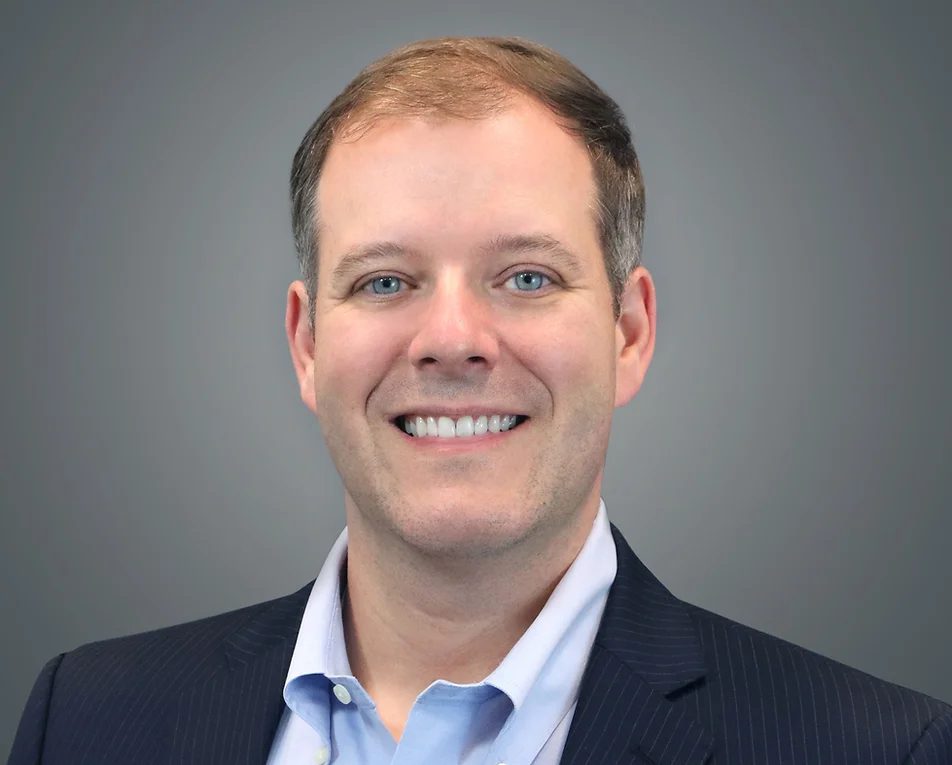
The finalists for WashingtonExec’s Pinnacle Awards were announced Oct. 11, and we’ll be highlighting some of them until the event takes place live, in-person Nov. 30.
Next is Marketing Executive of the Year (Private Company) finalist Brad Mascho, who’s chief marketing and communications officer at Empower AI. Here, he talks key achievements, proud career moments, career advice and more.
What key achievements did you have in 2021 / 2022?
The biggest accomplishment for the team was a total rebranding of NCI to Empower AI. Despite all our success over the past five years ⏤ like winning more than $1.5 billion in new work ⏤ we felt that our old brand didn’t represent our new direction as a technology company.
In late 2021, we started a rebranding initiative aimed at a simple refresh and a product launch. But by early 2022, we made the decision to go much bigger. I was proud to lead the complete revision of the company’s entire brand, including a total redesign of our message, mission, core values, websites, media program, internal and external communications, and our new company name and logo.
We gathered leaders from all the functional areas of the company. We came up with over 500 different tasks that would have to be completed for the rebranding. This was a massive job, so it was a great feeling when we were able to emerge successfully as Empower AI.
From a marketing perspective, our rebrand was a huge victory, driving engagement and generating more media coverage than we’ve seen in years. But the real success has been watching the entire company embrace our new mission and vision.
Looking back at your career, what are you most proud of?
I’m most proud that I act with integrity. That may sound simple, but I have encountered people from all walks of life that can’t say the same. I value principles and principled people and try to surround myself with them. That helps me go to bed with a clear conscience for my actions. It doesn’t mean I’m perfect or free of mistakes ⏤ far from it ⏤ but I know that when I act, I do so with positive intent.
What was a turning point or inflection point in your career?
My career has been full of inflection points. I come from a family of teachers. So, I grew up knowing about retirement and defined benefit plans. But I knew early on that I wouldn’t spend 30 years in the same career.
Instead, I’ve worked in government, technology and non-profits; started and sold my own businesses; and am now in government contracting. Over that time, I’ve been in marketing and communications, sales and operations, and technology and data. I’ve enjoyed having a winding career that keeps me challenged and allows me to grow.
What’s your best career advice for those who want to follow in your footsteps?
I’m a fan of the book, “Nine Lies About Work,” and I consider myself a freethinking leader. That means you embrace the uniqueness of every individual and find ways to bring out the best in them. One of the best lies in that book is that people care about which company they work for. Truthfully, most people care about the team they are on. They’ll work for a bad company on a great team but not a great company on a bad team.
You can drive yourself crazy trying to “fix” every part of the company you are in. But you can always work to improve your own team. My goal has always been to empower others and create an environment for them to be at their best. My advice is to help make the team you are on operate like a well-oiled machine and then guard your team against anything that would diminish it.
What has made you successful in your current role?
A long time ago, I made a personal mission statement to build what doesn’t exist and fix what’s broken. That mission drives me, and any success I’ve seen is because I work on it daily. Because of that mission, I look for ways to leave everything better than I find it.
What’s one key thing you learned from a failure you had?
I like to use the example of a baseball camp I attended as a 10-year-old. I didn’t follow baseball then, so when I was given an unopened pack of cards, I gladly traded away a Kevin Maas rookie card for an entire pack of someone else’s common cards. The only problem was that Kevin Maas was a Yankee phenom, so, I found myself on the receiving end of an uproar of laughter from a bunch of other kids.
I went home, opened the only set of baseball cards I had, and studied the stats of every player. I vowed to never make a bad deal again because I lacked information. Kevin Maas made it five years in the majors, but I became a lifelong fan and collector and learned a great lesson about gathering as many facts as possible before making a decision.

